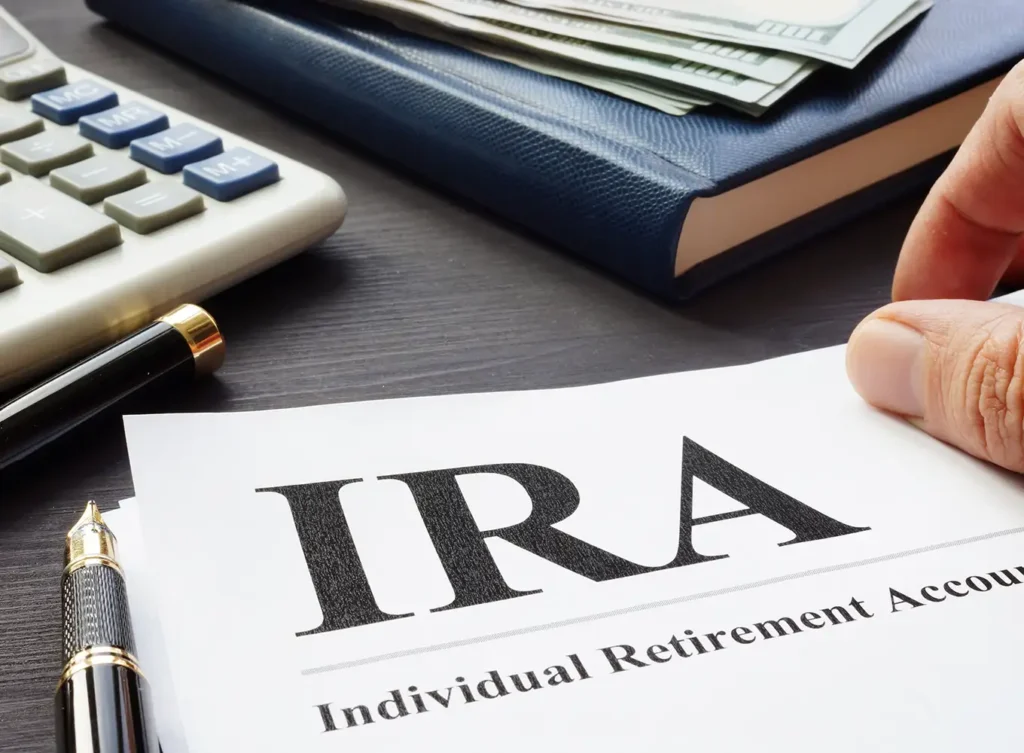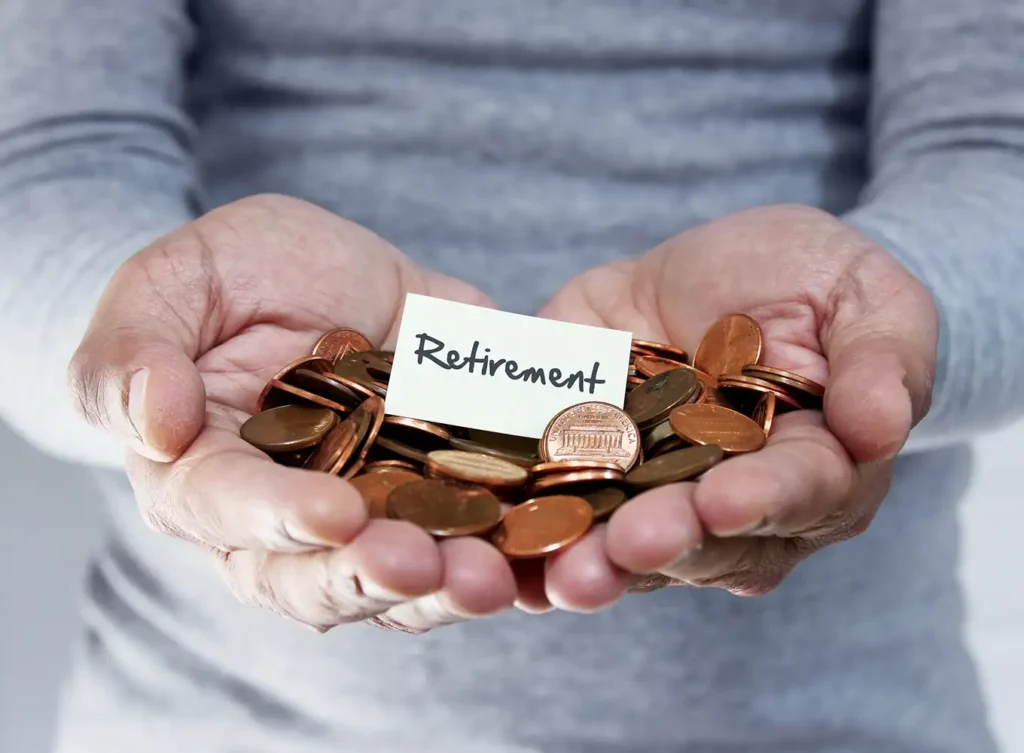
Retirement Plan Early Withdrawal
Most retirement plans, including IRAs, have options which allow early withdrawal, even if you cannot borrow from it. In most cases, once the money is withdrawn, you have to treat the withdrawal as taxable income in the year taken out, plus typically a 10% early withdrawal penalty, if you are under 59 1/2.
By cashing out retirement plan assets, you can pay off debt. Beyond the tax consequences though, you should consider that you are giving up part of your safety net and taking away money you could use more in the future. Right now, money in a deferred savings account like an IRA is still available for desperate situations in the future.
Planning for the Future
Debt Repayment vs. Future Security
Planning for your retirement is an essential part of securing your future and achieving financial stability. It is crucial to make smart financial decisions that will help you achieve your long-term goals. By saving and investing wisely, you can create a safety net for your later years and ensure that you have enough resources to meet your expenses without having to depend on others. During your working years, it’s essential to hang onto your money and let it grow to maximize its potential. This approach will pay off in the long run and improve your future outlook. It’s vital to avoid using your hard-earned money for paying off old debts, as it’s a backward-looking approach that limits your future options.


Know Your Legal Protections
Retirement Accounts in Bankruptcy
State and bankruptcy law protect almost all retirement accounts, including IRAs and 401(k)s from almost all of your creditors now, and you should not lose them if you file bankruptcy.
So why give that money to creditors who couldn’t take it away otherwise? How close are you to retirement? How long do you want to put off retirement?
Again, which version of bankruptcy depends on your situation — but you have a better chance of relying on your 401(k) or IRA being there when you retire.

